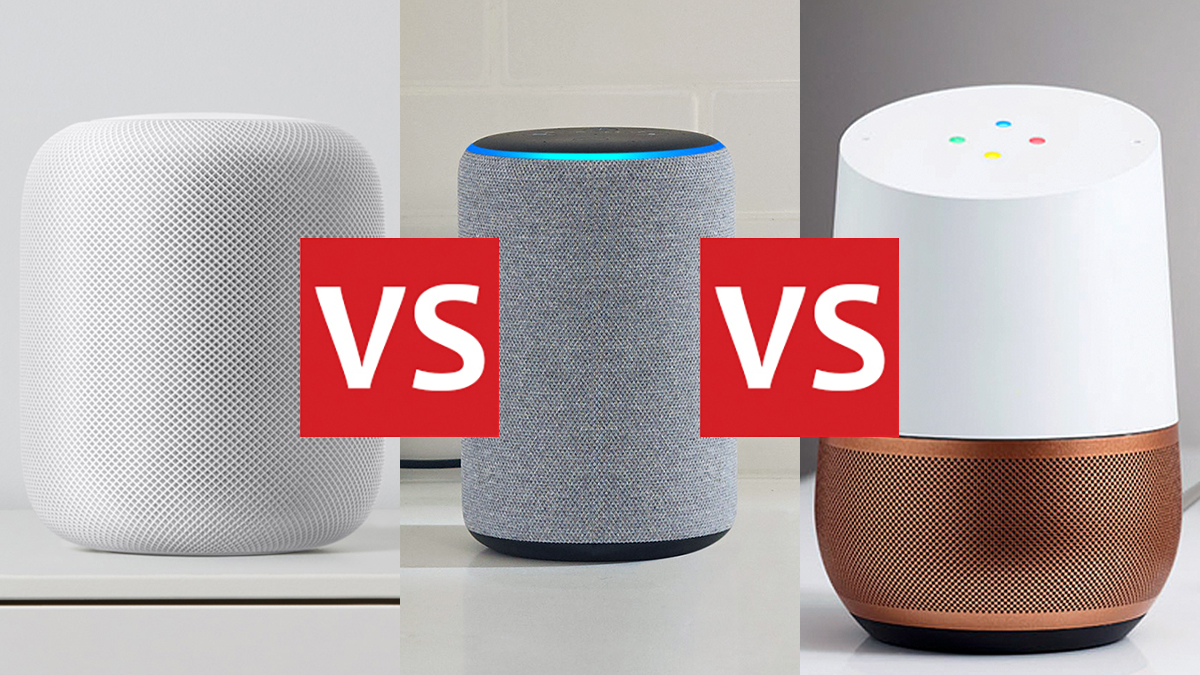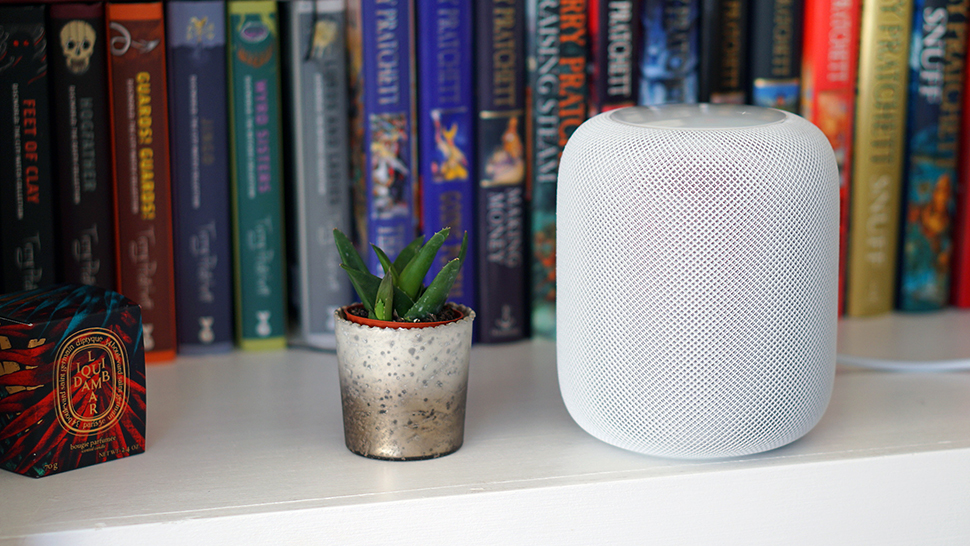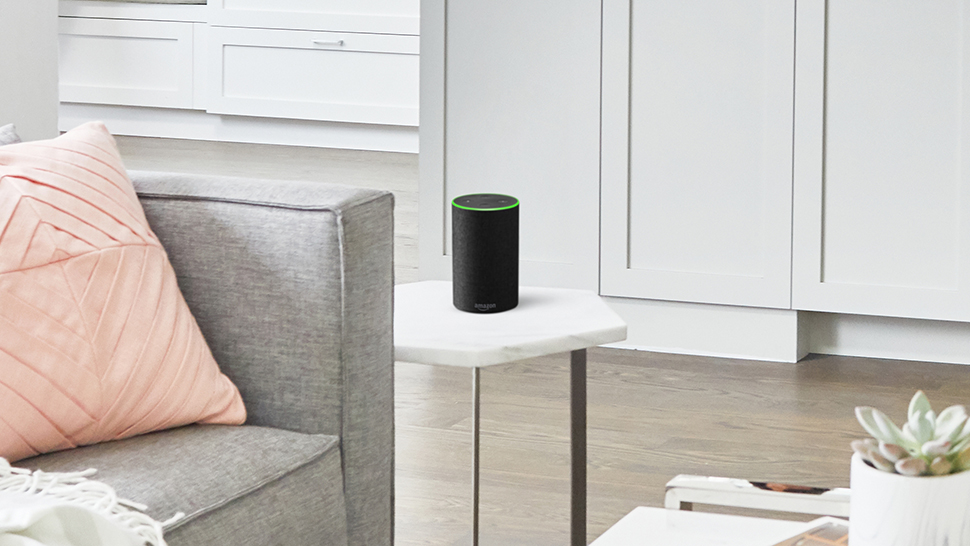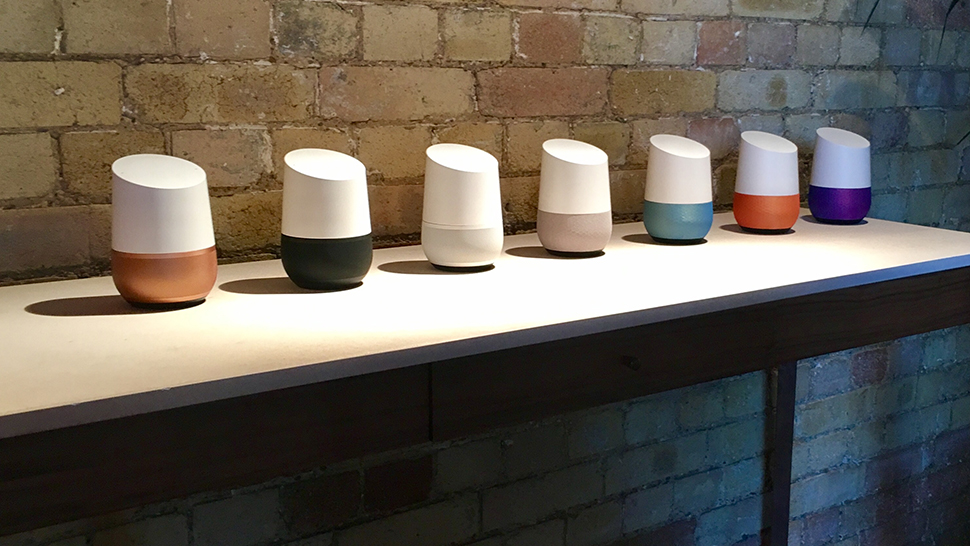Apple HomeKit vs Amazon Alexa vs Google Assistant: which platform should rule your smart home?
You've got numerous ways to keep all your smart home devices under control


Get all the latest news, reviews, deals and buying guides on gorgeous tech, home and active products from the T3 experts
You are now subscribed
Your newsletter sign-up was successful
If you're building out a serious smart home setup then you're probably looking for an app that can give you a substantial amount of control over the various devices you've collected – and that's where Apple HomeKit, Amazon Alexa and Google Assistant can come in handy.
All three of these platforms can be used to keep devices from different third-party manufacturers working smartly in sync – but which one deserves your investment? Here we'll tell you the differences between these smart home add-ons in all the key areas.
- These are the best smart thermostats you can buy in 2018
- Want the best smart bulbs? We've got a list for you right here
Apple HomeKit vs Amazon Alexa vs Google Assistant: devices

Apple HomePod
If you want to be able to control HomeKit devices together, you need something made by Apple: an iPhone or a Mac would do it. However, if you want to control your gear while you're away from home, and access all of the features HomeKit offers, you need a HomeKit hub. You've got a choice of three devices that can act as a hub – the iPad, the HomePod, and the Apple TV.
Amazon Alexa, in contrast, is available in a huge number of devices: not only all the devices in the extensive Amazon Echo range (including Dots, Spots and Shows), but also smart speakers made by third-party manufacturers like the Sonos One. Alexa is finding its way into everything, though note that only the Amazon Echo Plus and Amazon Echo Show models act as true home hubs – hubs that can manage multiple smart home devices at once.
Google Assistant can't match Alexa for ubiquity, but it's getting there – you can find it in the Google Home, the Google Home Mini, the Google Home Max, and the new Google Home Hub, for example. It's also comes as an app on Android and iOS phones, and is available on some new Chromebooks too.
Apple HomeKit vs Amazon Alexa vs Google Assistant: compatibility

Amazon Echo
So how many devices can these platforms control? Check out the Apple HomeKit list: covering lights, switches, thermostats, cameras, locks, sensors and more, we've got brands like Lifx, Philips Hue, Ecobee, Logitech, Honeywell, Netatmo and August in there. As you might expect, products from Nest (owned by Google) and Samsung SmartThings aren't anywhere to be seen.
There's also a list of products compatible with Amazon Alexa: again we're talking the whole gamut from speakers to bulbs, from cameras to thermostats. We can report that manufacturers like Philips Hue, Lifx, Netatmo, Netgear, Hive, Ecobee and many more are all involved – even Google's Nest products and Samsung SmartThings gear can be controlled by Alexa. It would be easier to list the kit that isn't compatible (you can even control robot vacuum cleaners).
Get all the latest news, reviews, deals and buying guides on gorgeous tech, home and active products from the T3 experts
The Google Assistant list isn't as comprehensive as the Alexa one, but it's getting there. We've got brand names like Philips Hue, TP-Link, Lifx, Nest, Netatmo, Honeywell, Netgear, LG, and even Samsung (with SmartThings) here, covering just about every category of smart home device you can think of. Google Assistant works well with Chromecast devices too, of course, if you need to get content up on the big screen.
Apple HomeKit vs Amazon Alexa vs Google Assistant: features

Google Home
If you consider Apple's Siri as an extension of HomeKit – and you can use Siri and HomeKit together – then you've got three smart assistants able to do much more than organise your Internet of Things devices. They can answer queries via the web, tell you the weather forecast, play music and much more besides.
Siri, Alexa and Google Assistant are actually pretty well matched when it comes to other features. They can all, for example, run several actions at once in response to a single voice command – so you can turn everything off in your home by announcing you're leaving the house, say, or start up everything in the morning on a schedule.
Each option has its strengths though. HomeKit has the best visual interface if you want to click around to control your smart home rather than speaking out commands (even if Google is catching up); Alexa wins in terms of third-party plug-ins and integrations; and Google Assistant is the leader in terms of pure smarts – being able to understand what you're saying and deal with a wider range of commands.
Apple HomeKit vs Amazon Alexa vs Google Assistant: verdict

Apple HomePod vs Amazon Echo Plus vs Google Home
Like just about every other tech choice you have to make these days, the best option for your smart home really depends on the gear you've already got in place (or plan to buy). HomeKit is perfect for the Apple loyalists, Google Assistant suits those who are already well invested in Google software and hardware, and Amazon's Alexa is a good choice if you want access to as many gadgets as possible with your voice.
It's clear that all these platforms are going to get improved over time, with new hardware pushed out on a regular basis as well – it seems Amazon is leading the charge here, keen to get Alexa built into everything, while Apple and Google take a slower pace with their own product cycles (we're still waiting for a sequel to the HomePod).
In a lot of cases you can mix and match too – Philips Hue and Lifx smart bulbs, for example, work with HomeKit, Alexa and Google Assistant. You don't necessarily have to pick one and stick to it, though if you want to go down that route then your choice really depends on how much a fan of Apple, Amazon or Google you are already.
Dave has over 20 years' experience in the tech journalism industry, covering hardware and software across mobile, computing, smart home, home entertainment, wearables, gaming and the web – you can find his writing online, in print, and even in the occasional scientific paper, across major tech titles like T3, TechRadar, Gizmodo and Wired. Outside of work, he enjoys long walks in the countryside, skiing down mountains, watching football matches (as long as his team is winning) and keeping up with the latest movies.
